Top Podcast Software for 2024: Enhance Your Podcasting Experience
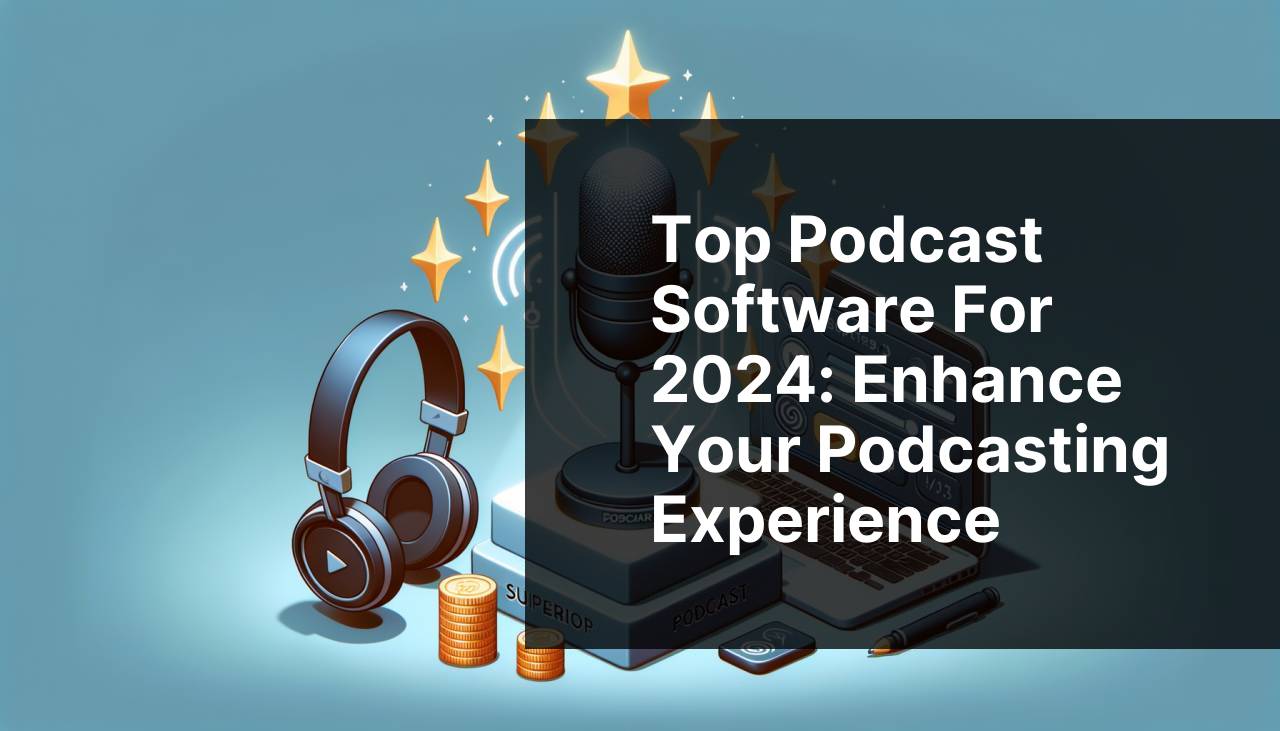
Podcasting has become an increasingly popular medium for sharing stories, ideas, and conversations. Whether you’re a seasoned podcaster or just starting, choosing the right podcast software can significantly impact your podcast’s quality and ease of production. In this comprehensive guide, we’ll explore the best podcast software options available in 2024, each offering unique features to meet your specific needs. From recording and editing to hosting and distribution, these tools provide everything you need to create, edit, and publish your podcast effectively. Join us as we dive into the world of podcast software and discover what makes each option stand out.
Adobe Audition
Adobe Audition is a comprehensive audio editing software that offers a robust set of tools for podcasters. From multi-track editing to advanced noise reduction features, it provides everything needed for professional-quality podcast production. The seamless integration with other Adobe products makes it a versatile choice for those already using the Adobe Creative Suite.
Pros
- Advanced noise reduction features
- Multi-track editing
Cons
- Steep learning curve
- Expensive
Audacity
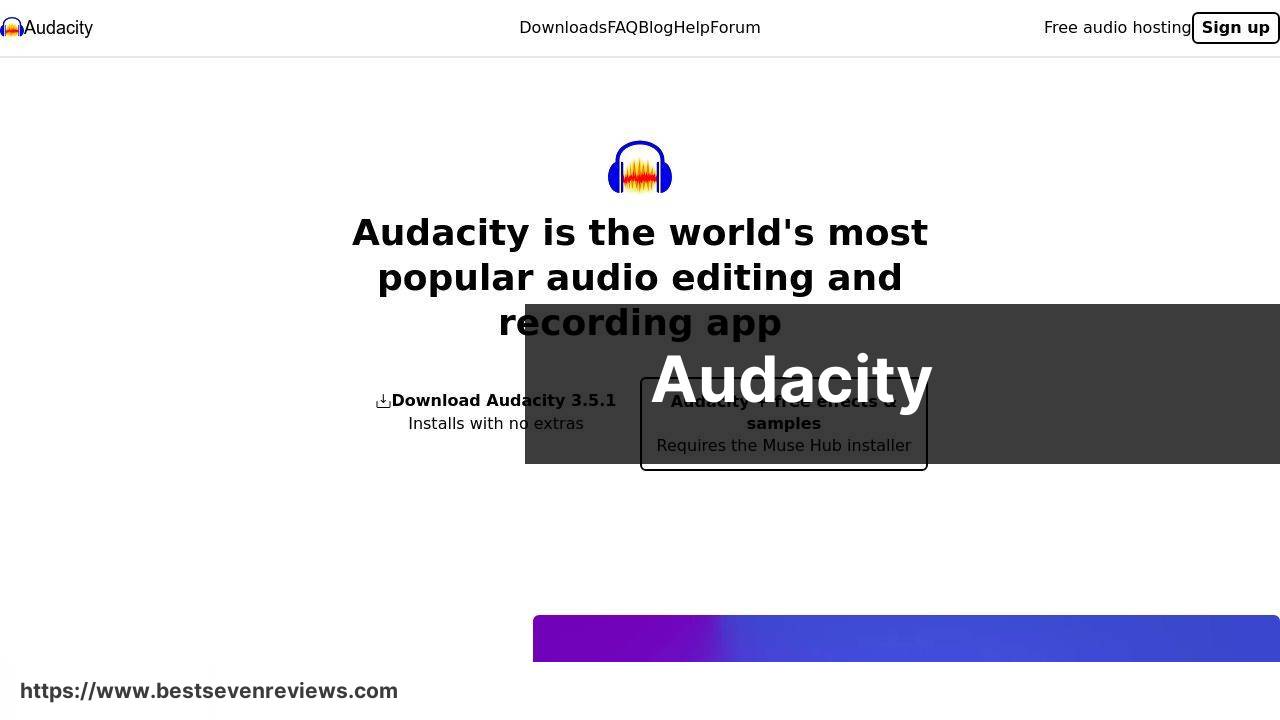
Audacity is a popular open-source audio editing software that provides a range of features suitable for novice and experienced podcasters alike. Its user-friendly interface and comprehensive toolset make it an excellent choice for those looking to produce high-quality podcasts without a hefty price tag.
Pros
- Free to use
- Wide range of editing tools
Cons
- Basic user interface
- Lacks some advanced features
Reaper
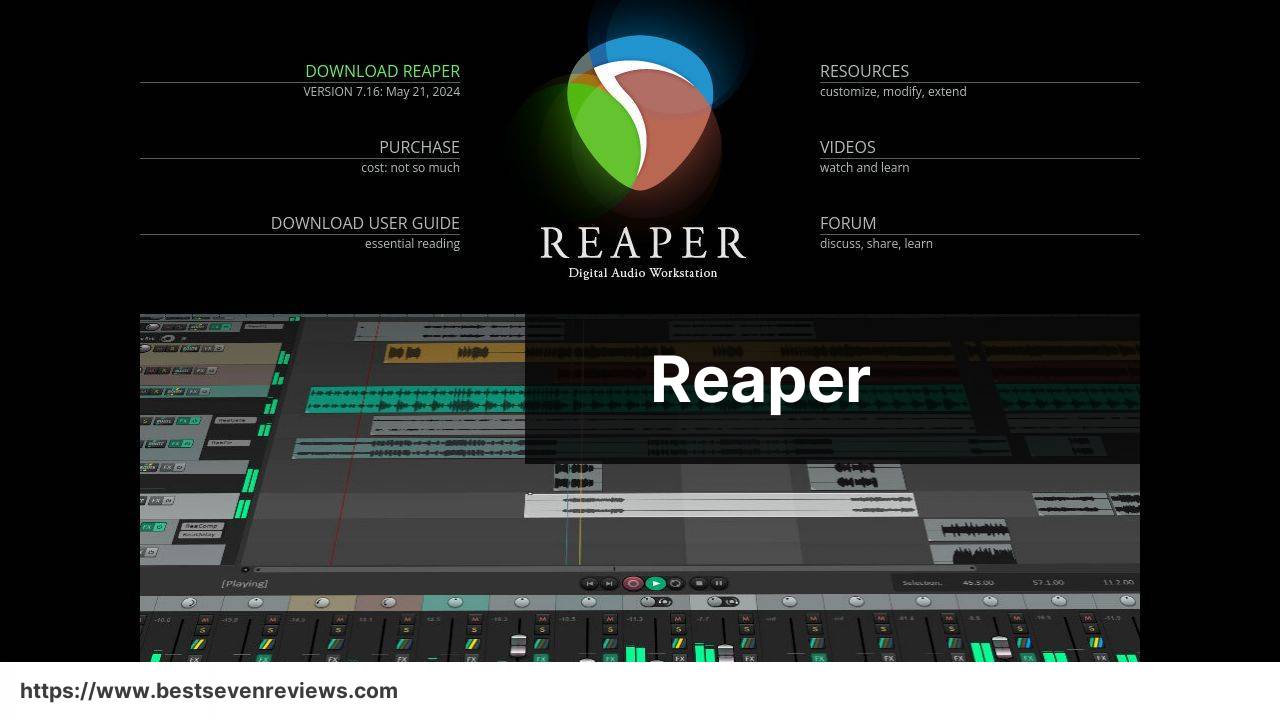
Reaper is a highly customizable digital audio workstation (DAW) offering a wide range of features for podcast recording and editing. It stands out for its affordability and powerful capabilities, making it ideal for podcasters who want professional-level software without breaking the bank.
Pros
- Highly customizable
- Affordable price
Cons
- Complex interface
- Steeper learning curve
Hindenburg Journalist
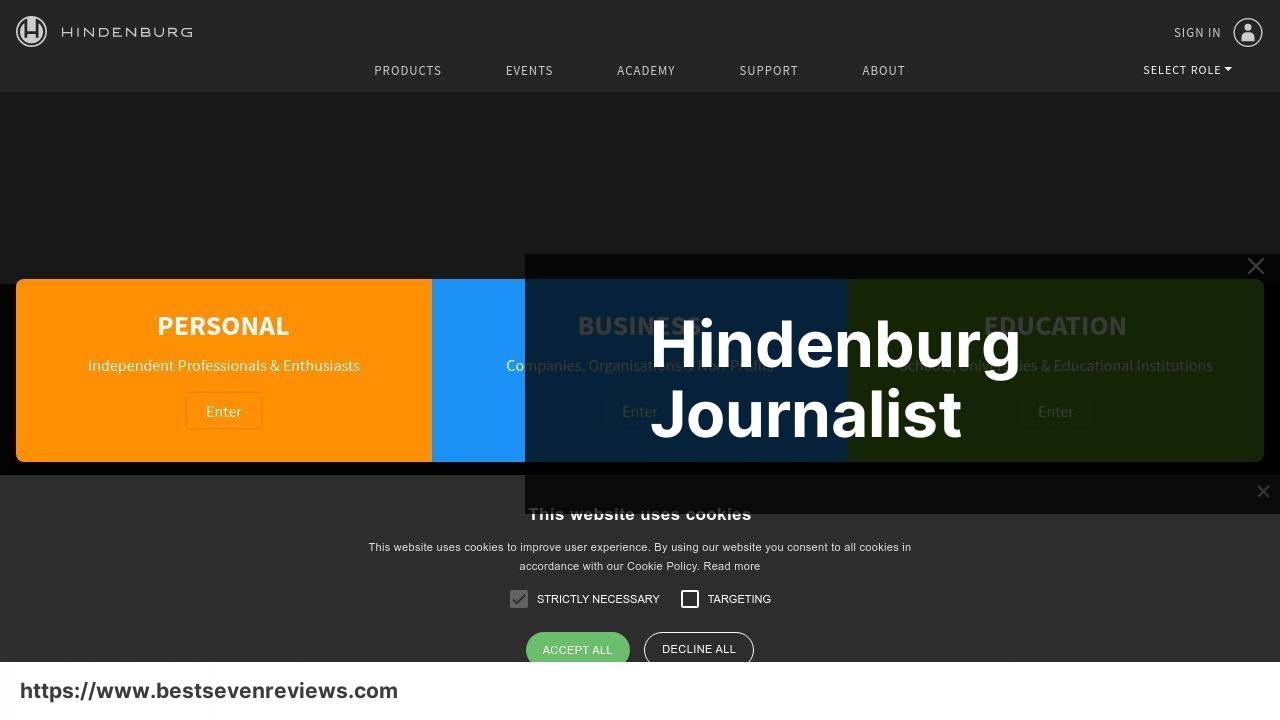
Hindenburg Journalist is specifically designed for journalists and podcasters, focusing on simplicity and efficiency. Its powerful features allow for high-quality audio production, but its intuitive design ensures that even those with minimal audio editing experience can use it effectively.
Pros
- User-friendly interface
- Optimized for spoken-word content
Cons
- Limited music production features
- Higher cost for advanced versions
Anchor
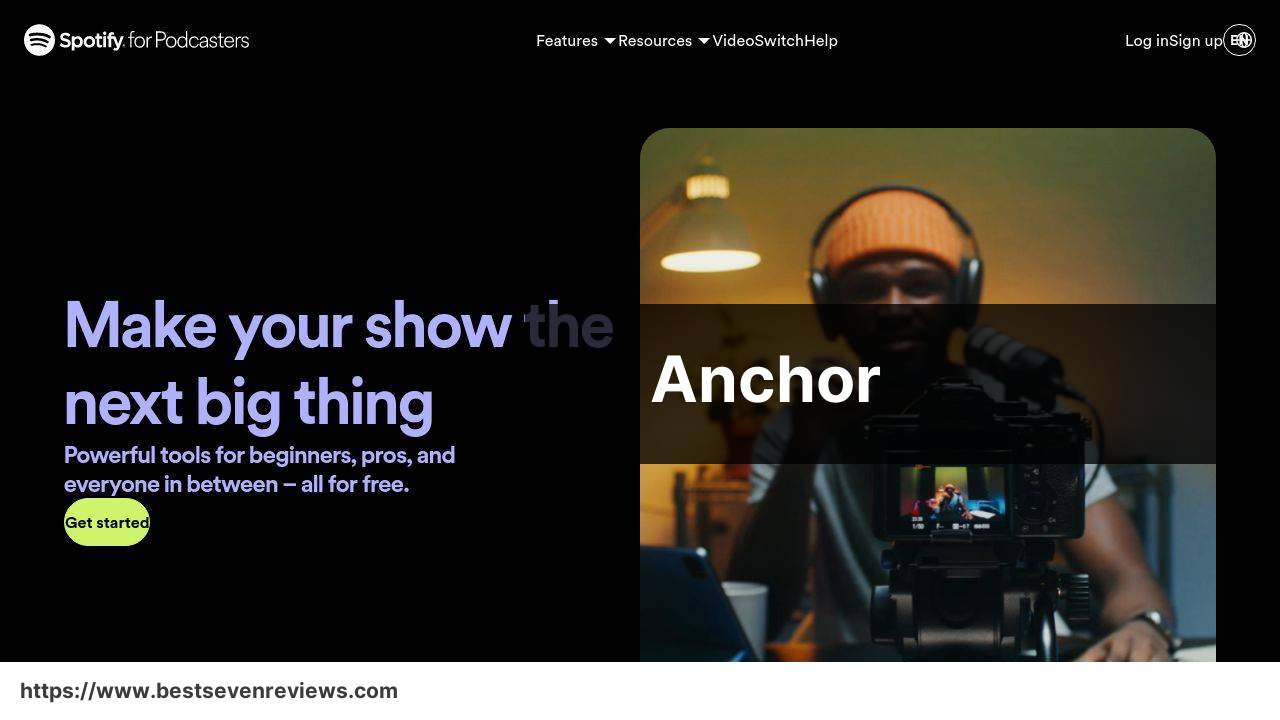
Anchor is an all-in-one platform designed to simplify the podcasting process. It allows users to record, edit, and distribute their podcasts directly from the platform, making it a popular choice for beginners and those looking for a hassle-free solution.
Pros
- Free to use
- Integrated distribution
Cons
- Limited advanced editing features
- May not be suitable for professional-grade podcasts
Zencastr
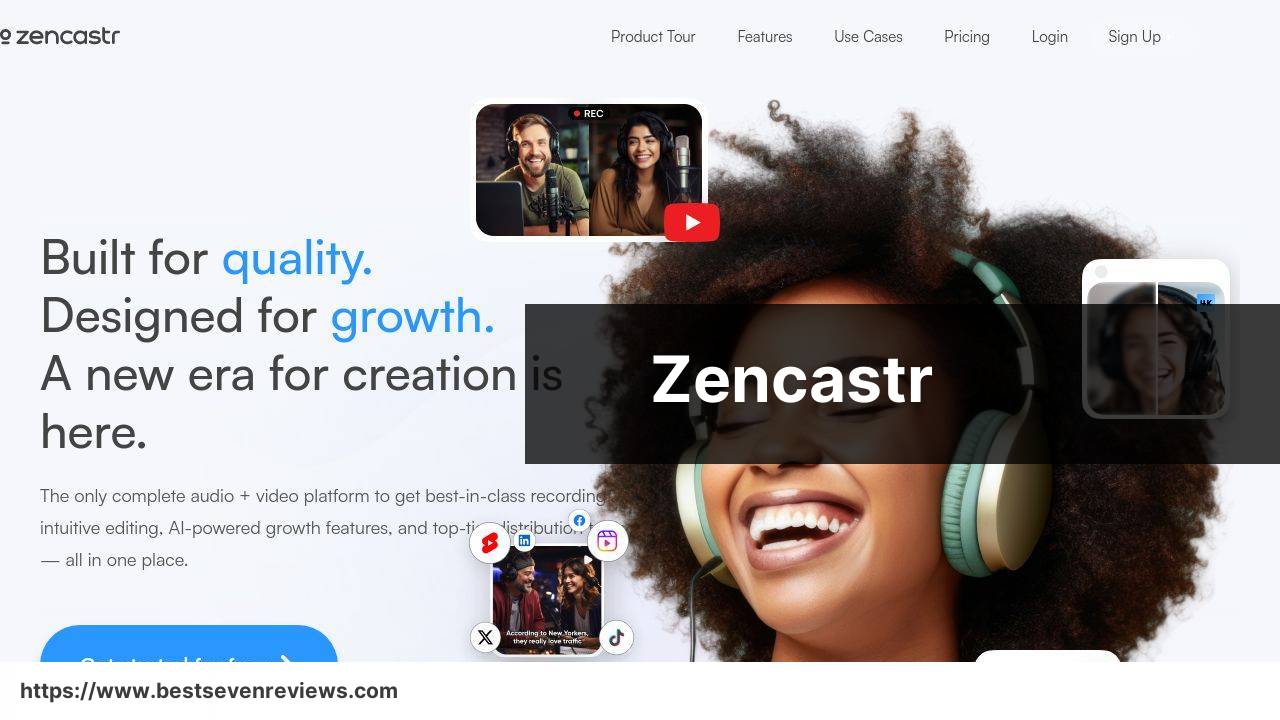
Zencastr is a web-based tool that facilitates remote podcast recording with high-quality audio. It offers features such as individual track recording for each guest and automatic post-production, making it an excellent choice for collaborative podcasting.
Pros
- High-quality remote recording
- Automatic post-production
Cons
- Internet-dependent
- Subscription costs for premium features
SquadCast
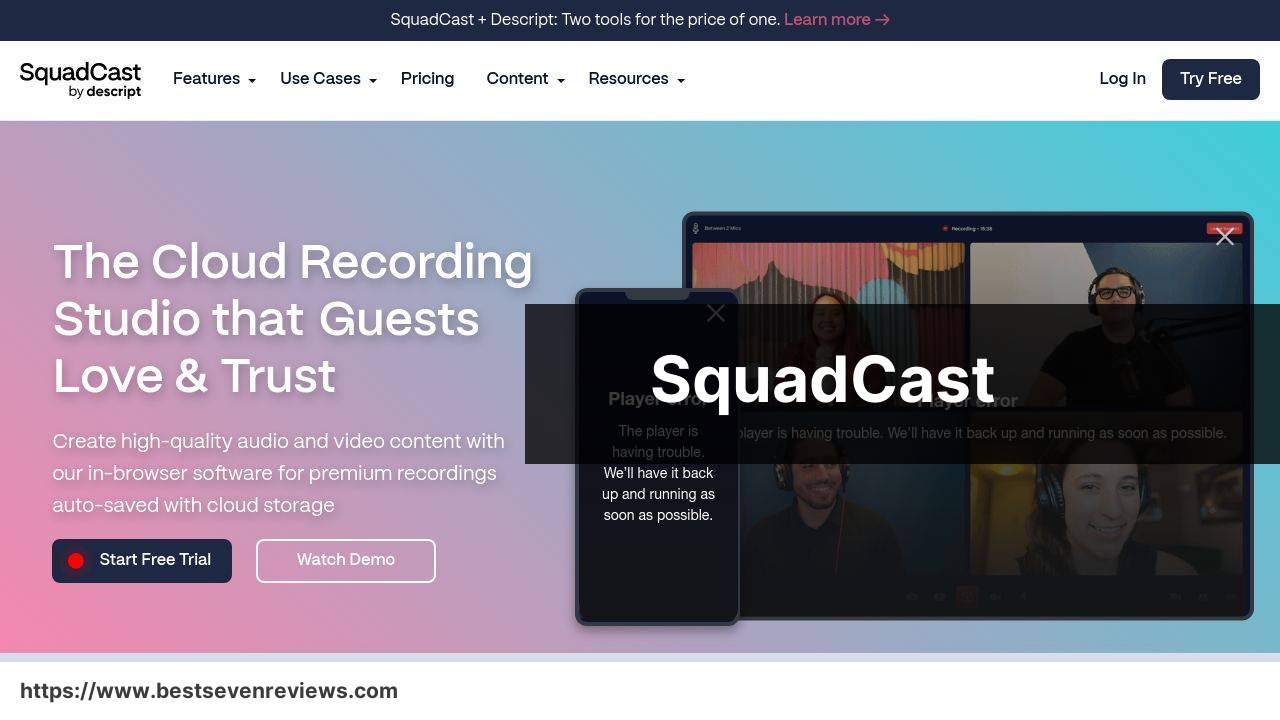
SquadCast offers a premium remote podcasting service that ensures studio-quality audio. It focuses on providing a seamless experience for recording with guests from different locations, making it a top choice for interview-based podcasts.
Pros
- Studio-quality remote recording
- Easy to use
Cons
- Subscription-based model
- Limited editing features
Conclusion:
If you’re just starting out with podcasting, it can be helpful to familiarize yourself with the basic concepts and terminology. Understanding terms like RSS feed, bitrate, and waveform can make the entire process feel more approachable. Websites like Podcast Insights offer excellent glossaries to get you up to speed.
Another essential aspect to consider is hosting. While some podcast software, like Anchor, offer integrated hosting solutions, others might require you to find a third-party host. Platforms such as Libsyn or Buzzsprout are highly recommended for their reliability and range of features.
Marketing your podcast is another crucial step. Utilize social media platforms like Twitter, Facebook, and Instagram to promote your episodes and engage with your audience. Creating a website or blog dedicated to your podcast can also be beneficial. Tools such as WordPress or Wix make it easy to set up a professional-looking site.
Monetization might not be a priority when you’re starting, but it’s something to think about as your audience grows. Options include sponsorship, affiliate marketing, and premium content subscriptions. Platforms like Patreon allow your listeners to support you financially in exchange for exclusive content, adding another revenue stream.
FAQ
What features should one look for in podcast software?
Look for intuitive editing tools, seamless integration with publishing platforms, superior audio quality, hosting options, and comprehensive analytics. These features ensure a streamlined creation and distribution process.
How does podcast software improve audio quality?
Podcast software often includes advanced audio editing tools like noise reduction, equalization, and vocal enhancement, which refine sound quality, making the recordings clearer and more professional.
What are some top podcast software options available?
Popular choices include Adobe Audition for professional editing, Audacity for free open-source editing, and GarageBand for Mac users. Each offers distinct features tailored to different needs.
Is there podcast software that offers integrated hosting services?
Yes, platforms like Anchor provide both editing tools and hosting services, allowing users to record, edit, distribute, and monetize their podcasts all in one place.
How do analytics help improve a podcast?
Analytics offer insights into listener demographics, episode popularity, and geographic data, helping creators tailor content to their audience and make informed decisions on future episodes.
Can podcast software help with editing multiple audio tracks?
Yes, many advanced podcast software tools support multi-track editing, enabling users to add music, sound effects, and interviews seamlessly, enhancing the overall production quality.
What are the benefits of using a dedicated podcast software over general audio editing tools?
Dedicated podcast software is optimized for podcast-specific needs, offering features like episode organization, podcast hosting integration, and RSS feed creation, making the workflow more efficient.
How does podcast software assist in distributing episodes to various platforms?
Many podcast software solutions provide one-click publishing options, automatically distributing episodes to platforms like Spotify, Apple Podcasts, and Google Podcasts, saving time and effort.
Are there any free podcast software options that provide professional results?
Yes, Audacity is a highly regarded free option that offers comprehensive editing tools and a professional feel. It’s widely used by both beginners and experienced podcasters.
